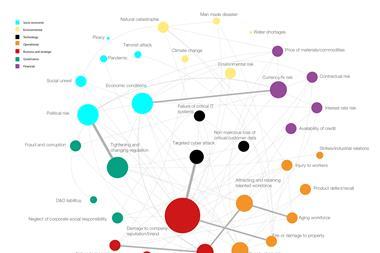Non-admitted insurance: Prohibited, but exceptions may be made on application to the regulator.
Premium tax paid by insured: Generally 7%.
Regulator: Brazil's insurance regulator is the Superintendency of Private Insurance (SUSEP).
Overview: In a recent report, SUSEP maintained its projection for the insurance market of around 4.9% premium growth in 2009, which would result in total premiums in Brazil of approximately US$35.5bn. SUSEP also predicted 10.6% growth in 2010 and 10.4% in 2011.
Liberalisation of the Brazilian reinsurance market was enacted in January 2007, bringing to an end the monopoly of the state-run Instituto de Resseguros do Brasil (IRB). The regulations permit the registration and operation of three categories of reinsurers: local, admitted and occasional (foreign companies without a representative office in Brazil which are registered with the SUSEP to carry out business). There are five local reinsurers, 16 admitted reinsurers and 28 occasional reinsurers.
In practice, local companies are given the right of first refusal on a reinsurance contract. In the event of a refusal or a partial acceptance of the risk the business is offered to locally admitted and foreign reinsurers. The business may be placed with admitted and/or occasional reinsurers, provided there is no better alternative offered by the local market.
Likewise, a risk located in Brazil can only be insured outside Brazil if coverage is not available in the country. Authorisation to use an external insurer is made on a case-by-case basis. The penalty for non-compliance is equal to the sum insured. No money can be officially received in Brazil as indemnity for non-admitted policies. So, if a master policy is taken out overseas by the headquarters of a multinational company with a coverage extension to all subsidiaries worldwide, the Brazilian legislation will not allow nationalisation of foreign capital from insurance indemnities.
Overall risk rating: No rating

















